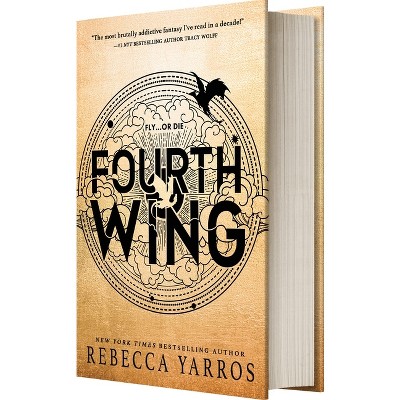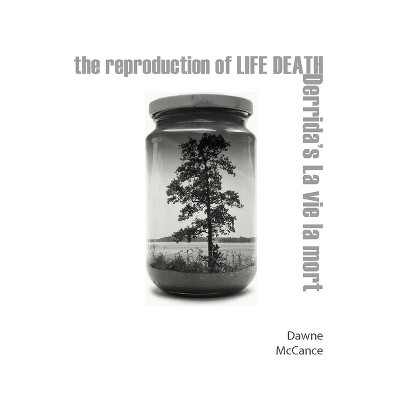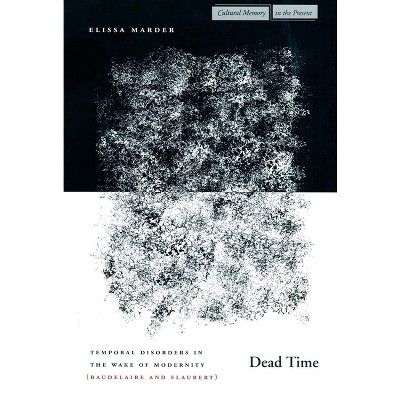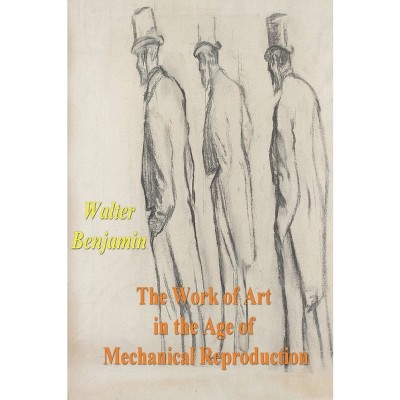The Mother in the Age of Mechanical Reproduction - by Elissa Marder (Paperback)

About this item
Highlights
- This book grows out of a longstanding fascination with the uncanny status of the mother in literature, philosophy, psychoanalysis, film, and photography.
- About the Author: Elissa Marder is Associate Professor of French and Comparative Literature at Emory University and Distinguished International Faculty Fellow at the London Graduate School.
- 320 Pages
- Literary Criticism, Semiotics & Theory
Description
About the Book
This book analyses the relationship between the body, technology and language by focusing on the uncanny figure of the mother in psychoanalysis, photography, and literature and contends that the concept of human birth is represented through mechanical repetition and technological modes of reproduction rather than as a natural event.Book Synopsis
This book grows out of a longstanding fascination with the uncanny status of the mother in literature, philosophy, psychoanalysis, film, and photography. The mother haunts Freud's writings on art and literature, emerges as an obscure stumbling block in his metapsychological accounts of the psyche, and ultimately undermines his patriarchal accounts of the Oedipal complex as a foundation for human culture. The figure of
the mother becomes associated with some of psychoanalysis's most unruly and enigmatic concepts (the uncanny, anxiety, the primal scene, the crypt, and magical thinking). Read in relation to deconstructive approaches to the work of mourning, this book shows how the maternal function challenges traditional psychoanalytic models of the subject, troubles existing systems of representation, and provides a
fertile source for nonmimetic, nonlinear conceptions of time and space.
Review Quotes
The protracted genesis of Marder's work attests to the rigour of the critical concepts developed, as well as the breadth and richness of analysis that readers can find advanced therein.-- "The British Society for Literature and Science"
"Marder's writing is beautiful and compelling. She deftly moves between philosophy, literature, film and popular culture to create novel interpretations of maternity, sex and death."-----Kelly Oliver, Vanderbilt University
In this intellectually luxuriant book Elissa Marder analyzes a whole series of effects that come into play by virtue of our being 'not present' at, yet haunted by, constantly mourning our birth. But her coup de génie is to conclude thereby that the relation to birth, and indeed the constitution of the maternal body, is prosthetic, even technological: we cannot not return to the birth that stays with us throughout our life, and we cannot not set about producing a variety of mechanical reproductions of the "experience." Marder explores those reproductions-- from Cixous to Racine and Mary Shelley, from Derrida to Blade Runner, infanticide and Abu Ghraib--with an extraordinarily uncanny set of intellectual and academic antennae, producing ingenious insights from a minutely attentive reading practice.-----David Wills, University at Albany-SUNY
About the Author
Elissa Marder is Associate Professor of French and Comparative Literature at Emory University and Distinguished International Faculty Fellow at the London Graduate School. Her most recent book is Dead Time: Temporal Disorders in the Wake of Modernity (Baudelaire and Flaubert).
Shipping details
Return details
Trending Fiction











